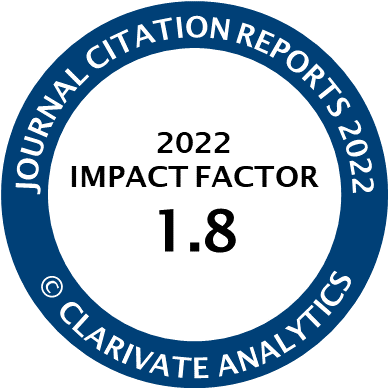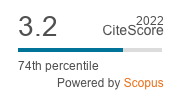Article | Open Access
Disparate Projects, Coherent Practices: Constructing New Urbanism through the Charter Awards
| Views: | 1159 | | | Downloads: | 681 |
Abstract: The Congress for the New Urbanism’s (CNU) annual Charter Awards offers a rich set of documents with which to understand the discursive construction of the New Urbanism movement in the world. Every year, since 2001, developers and designers submit work representing their plans and projects to CNU for consideration of an award. In each case, a collection of urban design practitioners with expertise in New Urbanism comes together as jurors to evaluate the submissions. A handful of projects are recognized with an award and profiled in the Charter Awards booklet. This booklet offers a snapshot of what the movement’s awards program jurors in a given year see as its exemplary work and most innovative accomplishments. Using a framework for understanding the discursive labor that design award programs perform, I examine two decades worth of Charter Awards and analyze narratives and messages presented therein concerning how New Urbanism exists in the world. I advance three claims through this analysis. First, the Charter Awards as a text discursively constructs disparate projects and plans as part of a singular movement. Second, the Charter Awards narrate New Urbanism as a worldwide movement that transcends particularities of place, culture, and history. Finally, CNU uses the Charter Awards to effectively claim universal relevance to urban development despite the particularities of places and the divergence of development contexts.
Keywords: awards; charrette; Congress for the New Urbanism; urban design; worlding practices
Published:
© Dan Trudeau. This is an open access article distributed under the terms of the Creative Commons Attribution 4.0 license (http://creativecommons.org/licenses/by/4.0), which permits any use, distribution, and reproduction of the work without further permission provided the original author(s) and source are credited.




